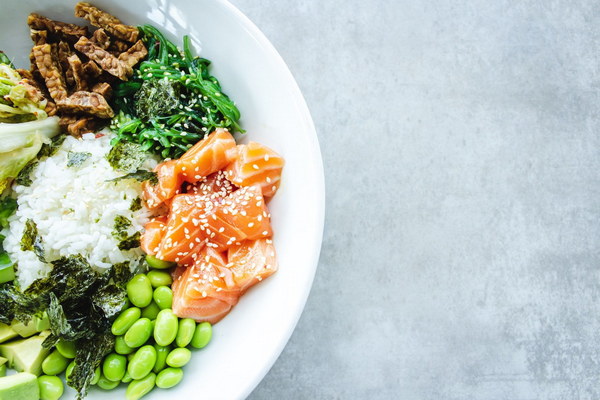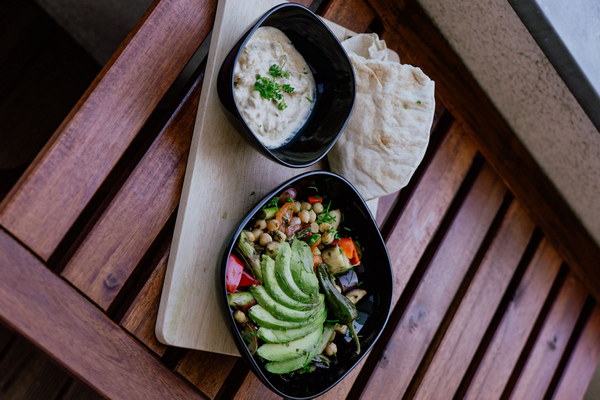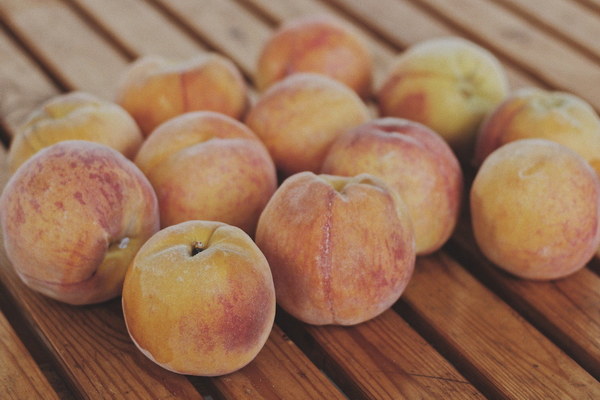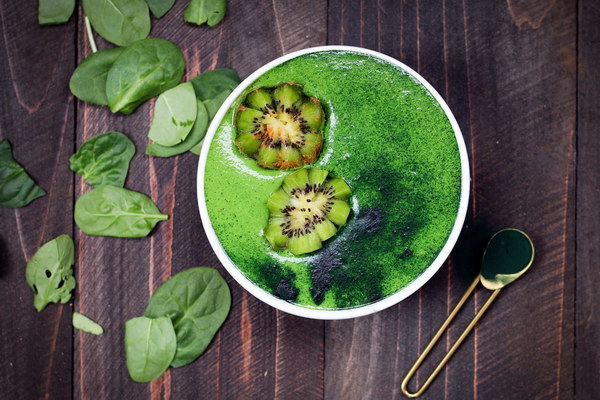Balancing Liver and Spleen A Holistic Approach to Traditional Chinese Medicine for Health and Wellness
In the realm of Traditional Chinese Medicine (TCM), the concept of Yang Gan Bu Tu holds great significance. This principle emphasizes the importance of harmonizing the liver and spleen organs to achieve overall health and well-being. In this article, we will explore the philosophy behind this concept and delve into the various methods to nourish the liver and reinforce the spleen, providing a comprehensive guide to TCM practices.
The liver and spleen are two vital organs in TCM, each playing a unique role in maintaining the body's balance. The liver is responsible for regulating the flow of qi (vital energy) and blood, as well as storing the blood during the night. It also governs emotions, particularly anger and frustration. On the other hand, the spleen is in charge of transforming and transporting nutrients from the digestive system, ensuring that the body receives the necessary energy to function properly.
When the liver and spleen are in harmony, the body experiences optimal health. However, when there is an imbalance, various health issues can arise, such as fatigue, digestive problems, mood swings, and even certain chronic diseases. To restore balance, TCM practitioners employ a variety of techniques, including herbal remedies, dietary adjustments, and lifestyle modifications.
One of the primary methods to nourish the liver and reinforce the spleen is through herbal medicine. TCM utilizes a wide range of herbs that have been used for centuries to address liver and spleen imbalances. Some commonly used herbs include:
1. Scutellaria baicalensis (Huang Qin): Known for its anti-inflammatory properties, it helps to clear heat and dampness from the liver and spleen.

2. Bupleurum chinense (Chai Hu): This herb aids in the regulation of liver qi and the reduction of stress and anxiety.
3. Astragalus membranaceus (Huang Qi): Known for its immune-boosting properties, it helps to strengthen the spleen and improve overall energy levels.
4. Poria cocos (Fu Ling): This herb promotes the draining of dampness and helps to support the spleen's function in transporting nutrients.
Dietary adjustments also play a crucial role in balancing the liver and spleen. Some general recommendations include:
1. Incorporate foods rich in vitamin C, such as citrus fruits, berries, and bell peppers, to support liver function.
2. Consume foods high in fiber, such as whole grains, legumes, and leafy greens, to aid digestion and support the spleen.
3. Limit the intake of spicy, greasy, and fried foods, as they can exacerbate liver heat and dampness.
4. Include bitter and pungent flavors in the diet, as they are believed to help regulate liver function.
Lifestyle modifications are equally important in achieving liver and spleen balance. Here are some tips:
1. Practice stress-reduction techniques, such as meditation, yoga, or deep breathing exercises, to maintain emotional equilibrium.
2. Ensure adequate sleep, as the liver is responsible for blood filtration and repair during the night.
3. Engage in regular physical activity, such as walking, swimming, or tai chi, to promote the flow of qi and improve overall health.
4. Avoid excessive alcohol consumption and smoking, as these habits can further disrupt liver and spleen balance.
By integrating these TCM practices into daily life, individuals can achieve a state of balance between the liver and spleen, leading to improved health and well-being. It is important to consult with a qualified TCM practitioner to tailor these techniques to individual needs and to address any underlying health concerns. Embracing the philosophy of Yang Gan Bu Tu can pave the way for a healthier, more vibrant life.









